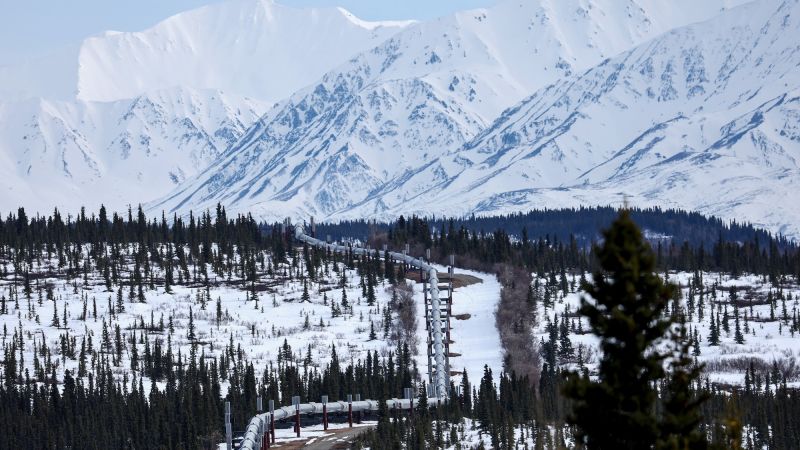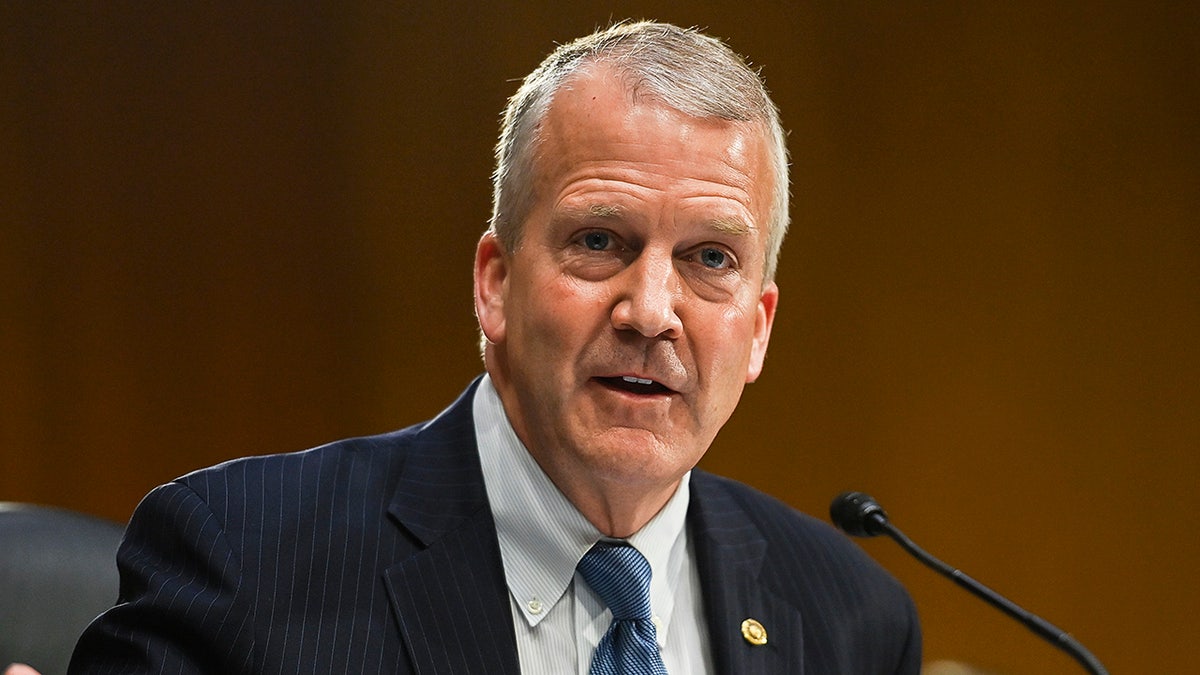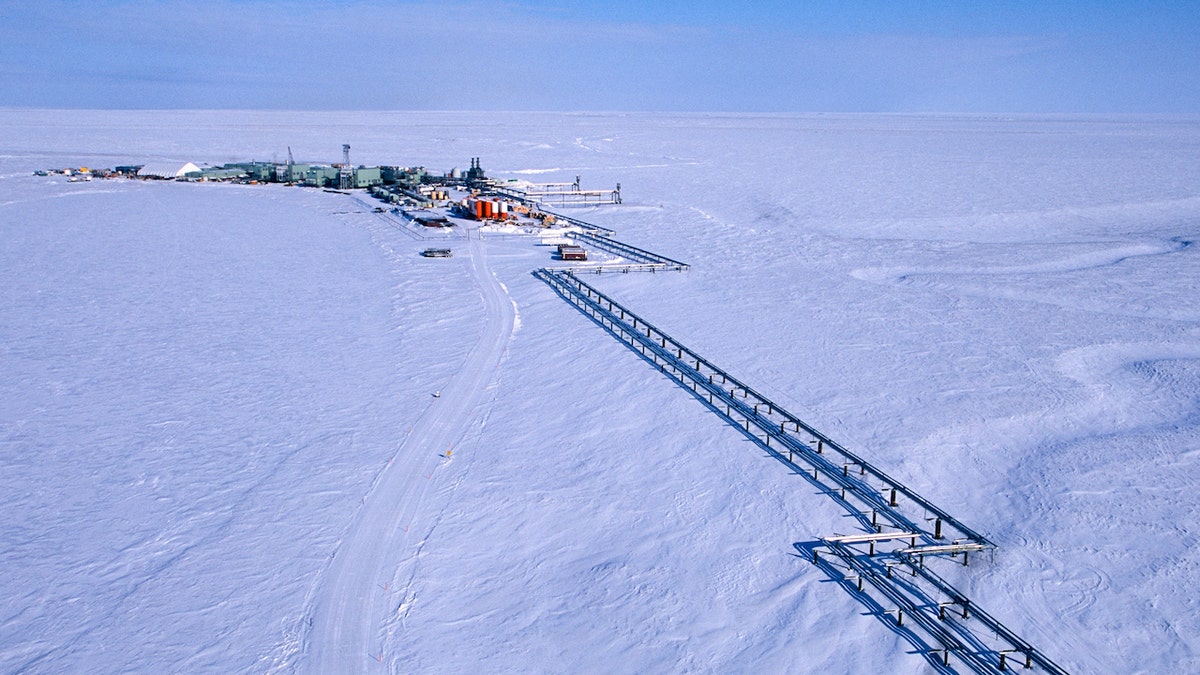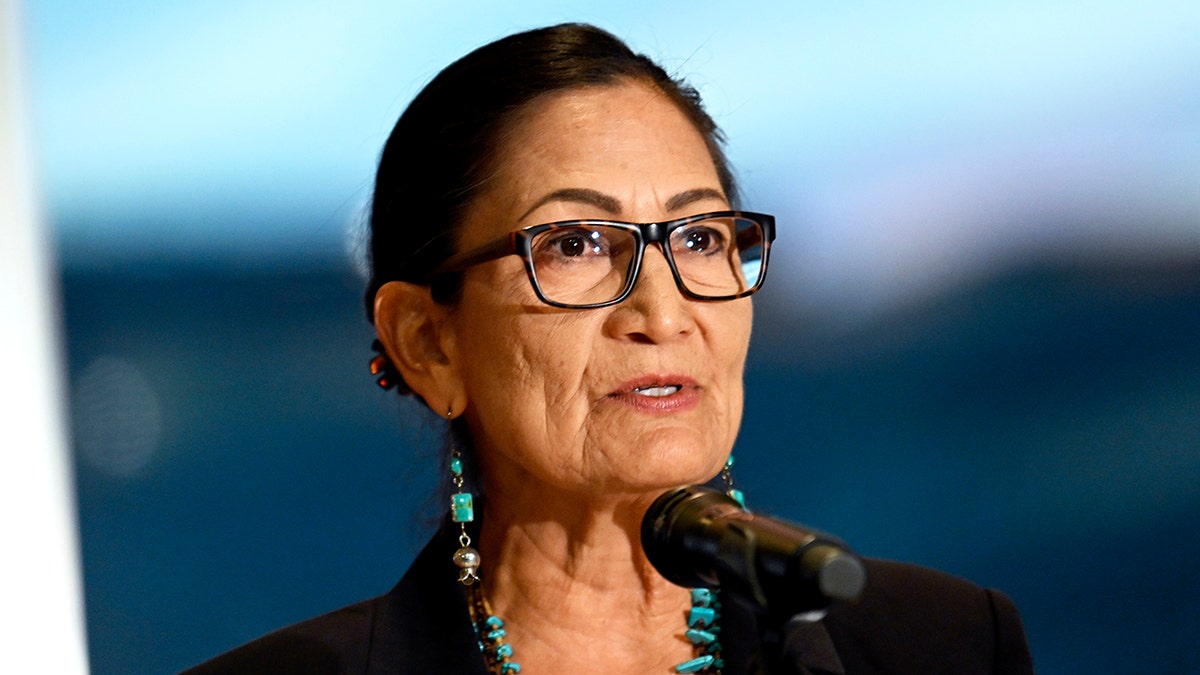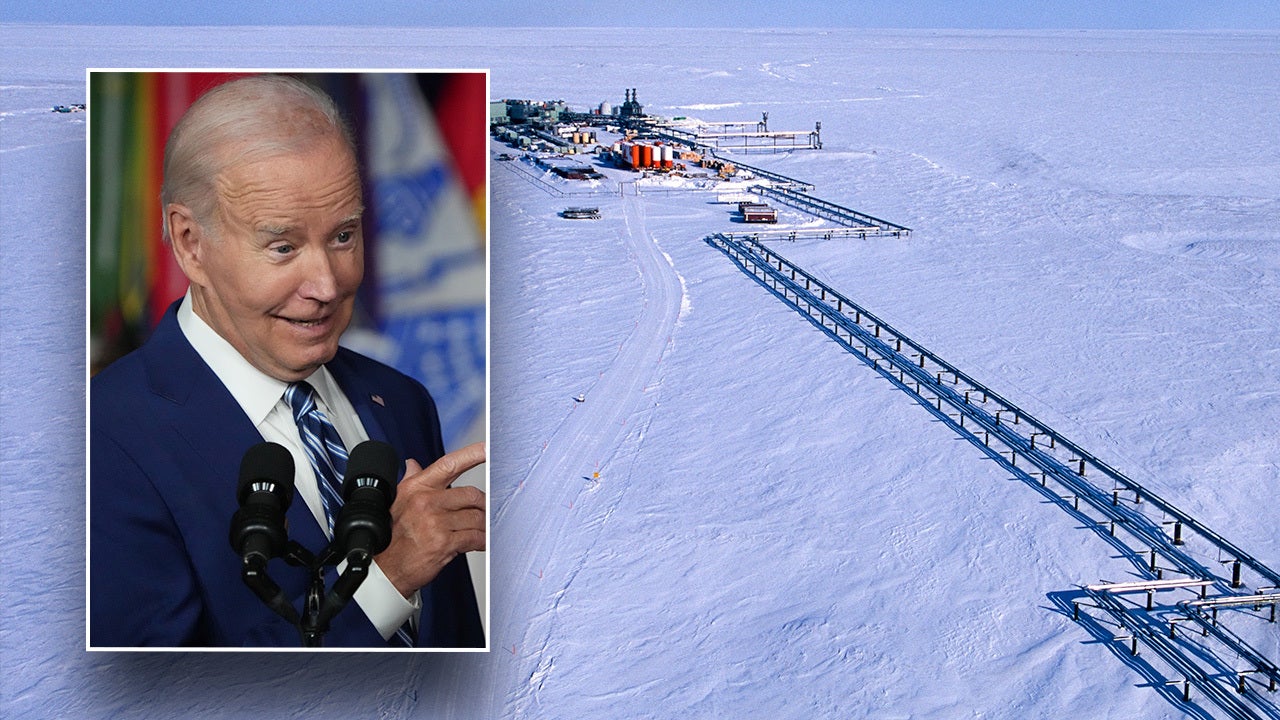
In a significant move towards environmental protection, President Biden's administration announced on April 19, 2024, that it would block oil drilling on over 13 million acres in the National Petroleum Reserve-Alaska (NPR-A), a remote area home to protected animal species including polar bears and caribou. This decision marks one of the biggest efforts in history to shield Alaskan land from drilling and mining, which is expected to face challenges from industry and elected leaders in Alaska.
The Interior Department denied a permit for an industrial road that was needed for access to copper deposits worth $7.5 billion in the Gates of the Arctic National Park and Preserve. The department also announced it would ban drilling on nearly half of the NPR-A, which is known for its ecological sensitivity and importance to Alaska Native communities.
The Biden administration's conservation actions could help improve his approval rating among young voters, who have been critical of his decision to approve the controversial Willow oil drilling project in Alaska last year. The move also comes as part of a broader environmental blitz ahead of Earth Day and follows other initiatives such as stricter emissions limits for automobiles and regulations to restrict toxic chemicals in the air and drinking water.
The NPR-A, which is over 23 million acres in size, is one of the most ecologically valuable tracts of federal land. It provides a critical refuge for tens of thousands of migrating caribou as well as polar bears, grizzly bears, walruses and waterfowl. The Interior Department's decision to block Ambler Road is intended to safeguard Alaska Native communities and their subsistence activities while protecting caribou and permafrost.
The Trump administration had previously pursued oil and gas leasing in the NPR-A, but the Biden administration's actions represent a significant shift towards prioritizing environmental protection over resource development. The decision is likely to face opposition from Republican lawmakers, including Senators Dan Sullivan and Lisa Murkowski, as well as Alaskans who rely on oil and gas revenues for their economy.
